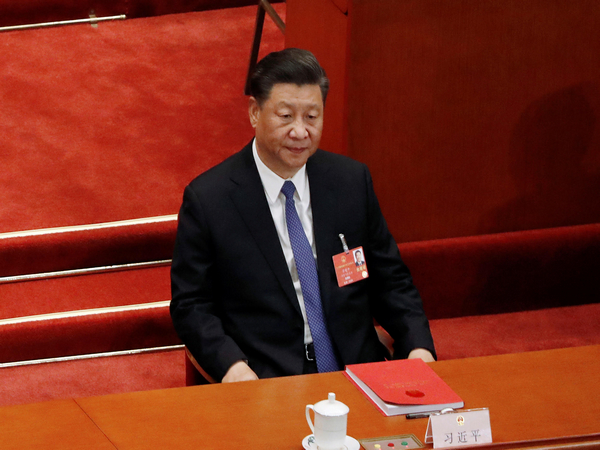In the midst of a fervent election campaign in Taiwan, a new star was born, not from the political debates or policy discussions, but from the background of campaign photos. De De, the 17-year-old son of Taiwanese politician Zheng Yunpeng, captured the public’s attention not for his political insights, but for his striking looks that earned him the nickname ‘Taiwan’s Cha Eun Woo’ from Korean media. Launching an Instagram account on Valentine’s Day, De De quickly amassed over 280K followers with just two posts, showcasing the power of visual appeal in the digital age.
A Viral Sensation
De De’s rise to fame was as swift as it was unexpected. Initially appearing alongside his father during the election campaign, his photos went viral, captivating an audience far beyond the political sphere. The comparison to Cha Eun Woo, a South Korean actor known for his good looks, only fueled the fire of De De’s burgeoning fame. The decision to start an Instagram account on a day celebrated for love and affection proved to be a strategic one, as his follower count soared, demonstrating the young man’s instant appeal and the curious power of social media in catapulting ordinary individuals into the spotlight. Read more about De De’s rise to fame.
The Power of Visual Appeal
The phenomenon of De De’s popularity underscores the significant impact of visual appeal in today’s digital landscape. With just two photos, De De has garnered a following that rivals that of seasoned influencers, highlighting a shift in how fame is acquired and maintained. This visual appeal, combined with the allure of celebrity culture and the accessibility provided by social media platforms, creates a potent recipe for viral success. It also raises questions about the values we place on physical appearance and the transient nature of fame in the digital age.
Looking to the Future
With speculation about De De’s future in showbiz and his ongoing dance training, the young Taiwanese sensation stands at a crossroads. His viral fame could open doors in the entertainment industry, offering opportunities that few can dream of. However, the path to sustaining fame is fraught with challenges, particularly for those who gain it so swiftly. As De De navigates his newfound popularity, the world will be watching to see if he can parlay this attention into a lasting career, or if he will remain a fleeting presence in the ever-changing landscape of social media stardom.
De De’s story is a testament to the unexpected ways in which fame can arrive and the power of the internet to transform lives overnight. As we continue to witness the rise of new stars born out of the digital ether, the story of ‘Taiwan’s Cha Eun Woo’ serves as a fascinating case study in the dynamics of modern celebrity.



